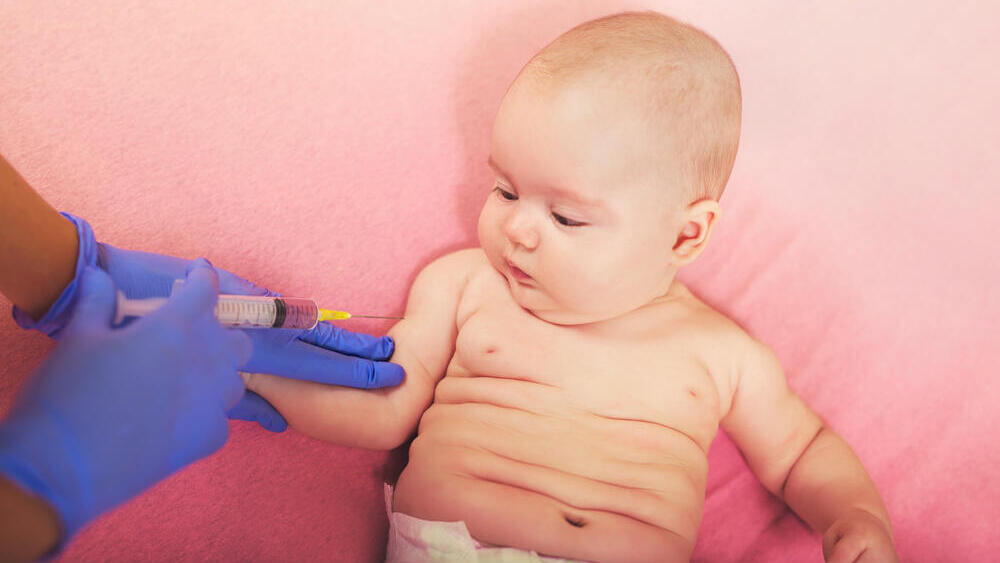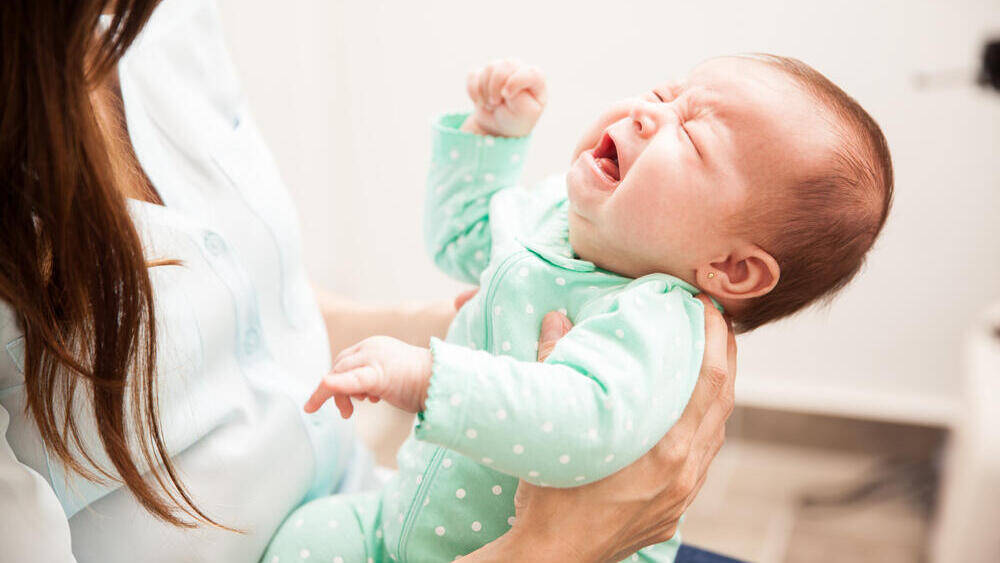Israel is experiencing a surge in whooping cough cases, nearing outbreak levels seen in 2015. Over 2,480 cases have been recorded in the first half of this year, compared to 1,792 in all of 2023, with a peak of 600 cases in May alone.
Unlike last year, when the illness was concentrated in Jerusalem due to low vaccination rates and high population density, this year's outbreak has spread to central Israel and Haifa.
The current wave of whooping cough is notably severe compared to previous years. The Health Ministry's Public Health Directorate said on Tuesday that many countries are experiencing similar high-intensity, long-duration outbreaks.
Haifa’s Rambam Health Care Campus reported Tuesday that a three-week-old baby is in intensive care due to whooping cough but is in stable condition. Prof. Danny Eitan, head of the hospital’s intensive care unit, noted, "Just a few weeks ago, a toddler in Jerusalem died after contracting the disease. The infant in our care is being treated and monitored by the medical staff. We’re optimistic about her recovery in the coming days."
Whooping cough, a highly contagious respiratory disease caused by the bacterium Bordetella pertussis, can cause severe illness, especially in infants and young children. The disease releases toxins that affect various cells in the body, causing symptoms. Vaccinations are crucial in preventing outbreaks.
The Health Ministry recommends vaccinating women in the third trimester of pregnancy to develop high levels of antibodies, which are passed to the fetus through the placenta, protecting the newborn until they can be vaccinated.
The number of monthly whooping cough cases, which was above 200 earlier in the year, sharply increased from April to June, with 450 cases in April, 614 in May, and 500 in June. Unlike in 2023, when the highest rates were seen in Jerusalem, this year the spread is wider, with significant cases in central Israel and Haifa.
Another significant difference is in the distribution of cases by age group. Children aged 0-19 years constitute about 85% of the total patients. In 2023, the number of cases among infants and toddlers was significantly higher due to Jerusalem's high density of children and low vaccination rates, making it the most severe epicenter.
This year, the illness among children and teenagers up to age 19 is approaching the peak levels of the 2014-2015 wave, while illness among adults remains very low.




